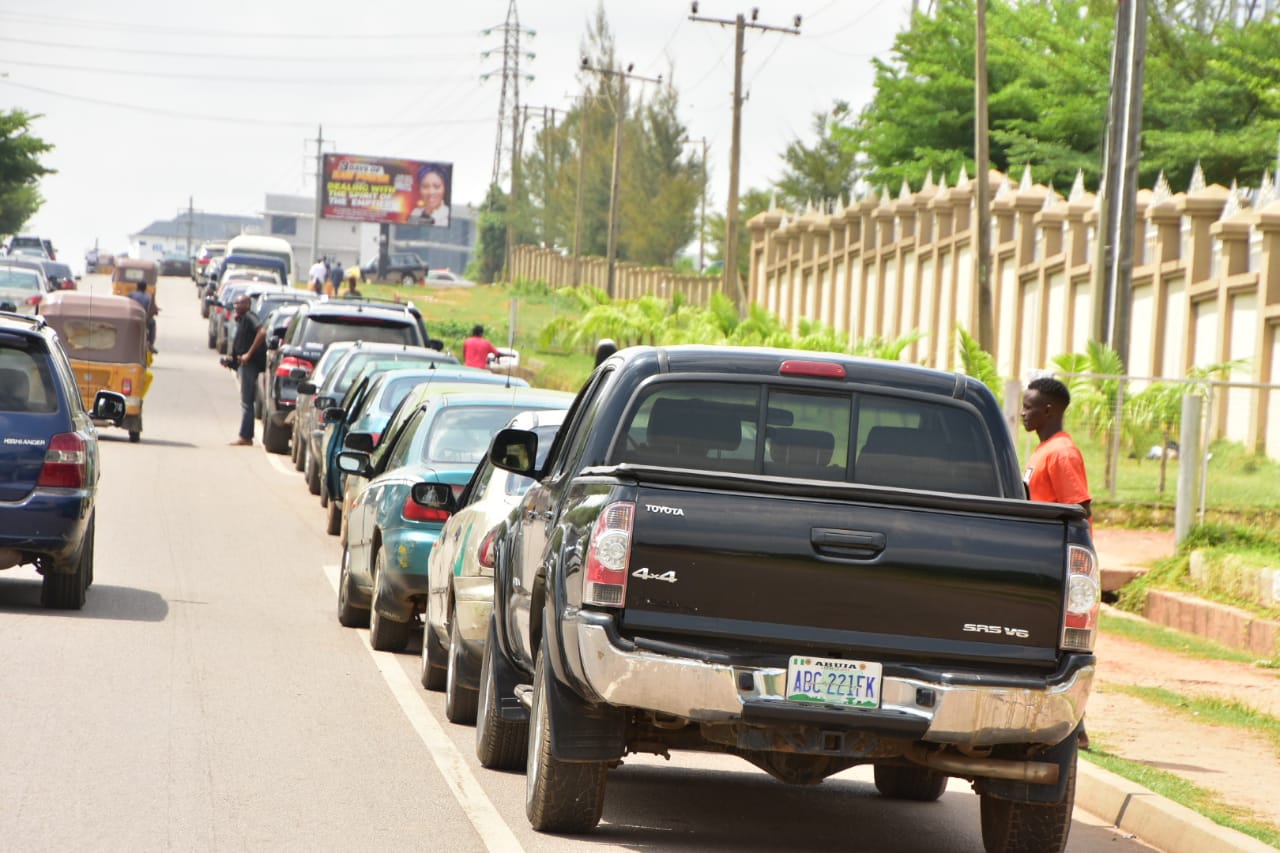Market forces responsible for petrol price hike – NNPCL
The Nigerian National Petroleum Company Limited (NNPCL) says foreign exchange illiquidity has been a significant factor influencing the fluctuation in prices of Premium Motor Spirit (PMS), popularly known as petrol. These, it said, are governed by unrestricted free market forces, as provided for in the Petroleum Industry Act (PIA). Daily Trust reports that the newest […]

The Nigerian National Petroleum Company Limited (NNPCL) says foreign exchange illiquidity has been a significant factor influencing the fluctuation in prices of Premium Motor Spirit (PMS), popularly known as petrol.
These, it said, are governed by unrestricted free market forces, as provided for in the Petroleum Industry Act (PIA).
Daily Trust reports that the newest price hikes, implemented by the Nigerian National Petroleum Company’s (NNPCL) Retail Management, range from N855 to N897 per litre, depending on the location, from the previous N568-N617.
Independent marketers have adjusted their prices to between N930 and N1,200 per litre of petrol.
Dangote Group: NNPC has not started lifting our petrol
Petrol hits N1,200/litre in Kano, sells for N902 at NNPC stations
Speaking Thursday on a national television, Adedapo Segun, Executive Vice President of Downstream, NNPCL, explained that the current fuel scarcity was expected to “subside in a few days as more stations recalibrate and begin selling PMS.”
A statement by Olufemi Soneye, Chief Corporate Communications Officer, NNPCL, quoted Segun to have said Section 205 of the PIA, which established the company, stipulated that petroleum prices were determined by unrestricted free market forces.
“The market has been deregulated, meaning that petrol prices are now determined by market forces rather than by the government or NNPC Ltd. Additionally, the exchange rate plays a significant role in influencing these prices,” he said.
On the commencement of lifting PMS from the Dangote Refinery, Segun said that the NNPCL was awaiting the September 15th timeline provided by the refinery.
While stating that no right-thinking individual would be comfortable with the current fuel scarcity, Segun added that the NNPCL had nearly a thousand filling stations nationwide and was collaborating with marketers to “ensure that stations open early, close late, in order to maintain adequate fuel supply to meet the needs of Nigerians.”
“We are also engaging relevant authorities to ensure products diversions are prevented and timely deliveries to all stations are ensured. The scarcity should ease in the next few days as more stations recalibrate and begin operations,” he assured Nigerians.
